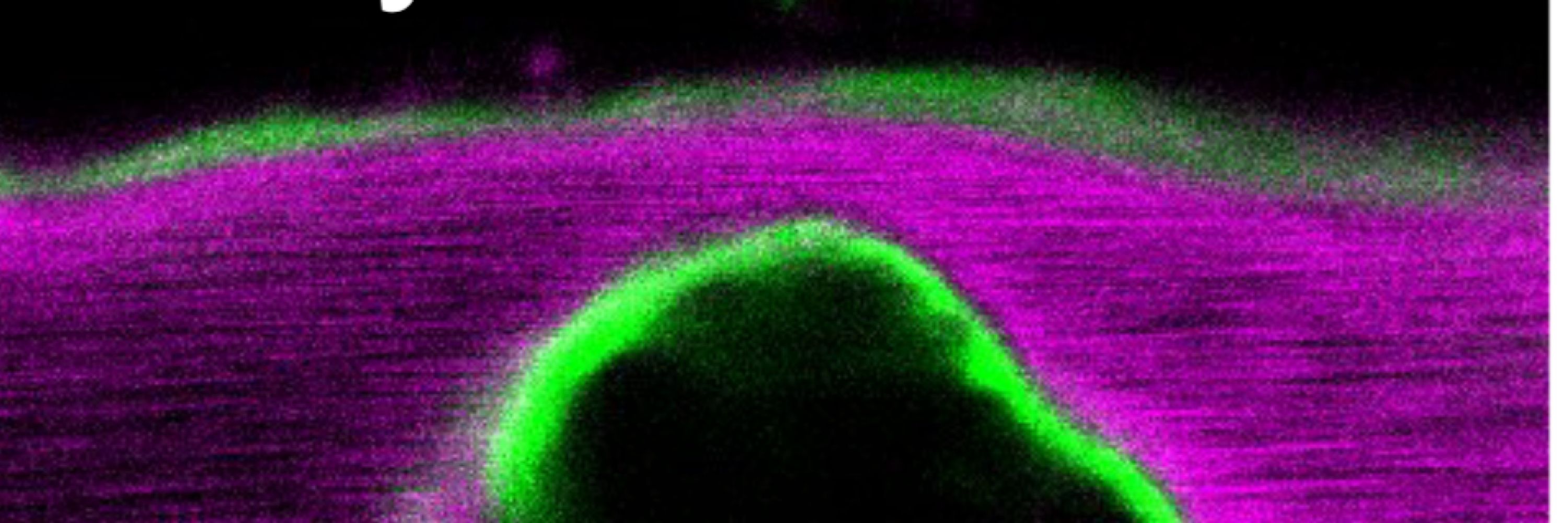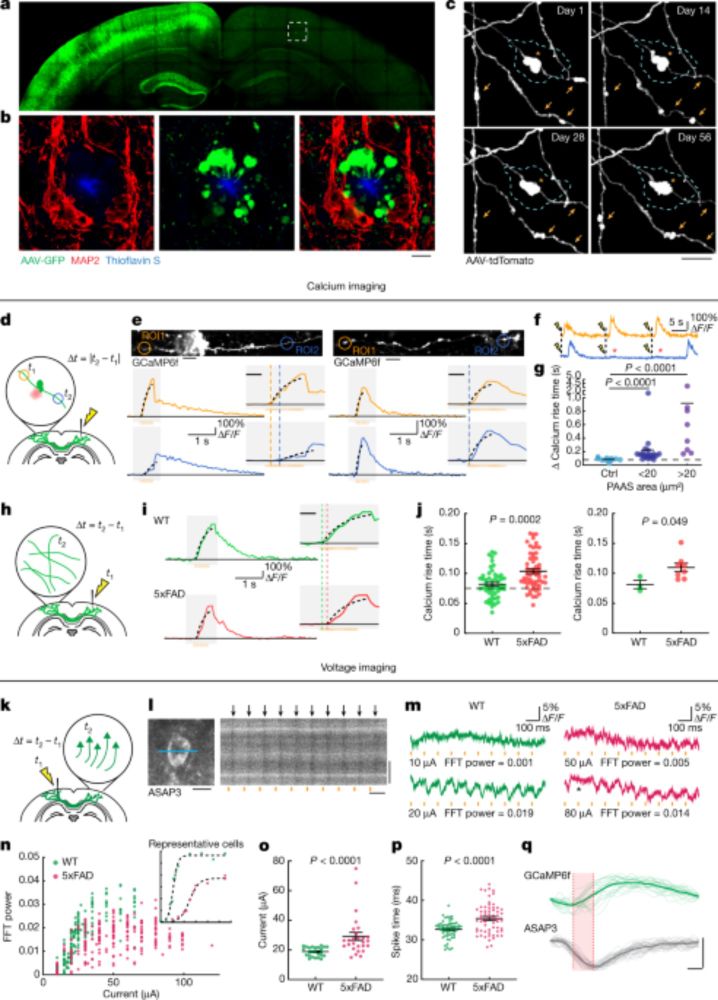
Jaime Grutzendler
@jgrutzendler.bsky.social
Neuroscientist and Neurologist @Yale / Neurodegeneration / In vivo
imaging / Neuro-Glial-Vascular Biology / Translational Neuroscience
https://medicine.yale.edu/lab/grutzendler/
imaging / Neuro-Glial-Vascular Biology / Translational Neuroscience
https://medicine.yale.edu/lab/grutzendler/
Hi Yifei, i gave full credit to you; this study would have not been possible without your fearless and collaborative approach!
June 16, 2025 at 8:17 PM
Hi Yifei, i gave full credit to you; this study would have not been possible without your fearless and collaborative approach!
Hi Yifei, i gave full credit to you; this study would have not been possible without your fearless and collaborative approach!
June 16, 2025 at 8:13 PM
Hi Yifei, i gave full credit to you; this study would have not been possible without your fearless and collaborative approach!
thank you Ethan, i hope all is well!
June 14, 2025 at 11:14 PM
thank you Ethan, i hope all is well!
great, hopefully you enjoy it :)
June 14, 2025 at 4:17 PM
great, hopefully you enjoy it :)
We appreciate the contributions of our collaborators Angus Nairn, Kristen Brennand (@kristenbrennand.bsky.social), Evangelia Petsalaki (@e_petsalaki.bsky.social), and all coauthors.
#Alzheimers #Neuroscience #Proteomics #Neurodegeneration
#Alzheimers #Neuroscience #Proteomics #Neurodegeneration
March 10, 2025 at 11:23 PM
We appreciate the contributions of our collaborators Angus Nairn, Kristen Brennand (@kristenbrennand.bsky.social), Evangelia Petsalaki (@e_petsalaki.bsky.social), and all coauthors.
#Alzheimers #Neuroscience #Proteomics #Neurodegeneration
#Alzheimers #Neuroscience #Proteomics #Neurodegeneration
To further investigate PAAS formation and modulation, we optimized an iPSC-derived AD model that develops spheroids closely resembling those in human brains. Inhibiting mTOR reduced PAAS pathology in cultures and in mice, suggesting that some axonal alterations in AD may be reversible.
March 10, 2025 at 11:23 PM
To further investigate PAAS formation and modulation, we optimized an iPSC-derived AD model that develops spheroids closely resembling those in human brains. Inhibiting mTOR reduced PAAS pathology in cultures and in mice, suggesting that some axonal alterations in AD may be reversible.
Using proximity labeling proteomics, we identified abnormalities in protein turnover, cytoskeleton organization, and lipid transport, all linked to PI3K/AKT/mTOR pathway activation.
March 10, 2025 at 11:23 PM
Using proximity labeling proteomics, we identified abnormalities in protein turnover, cytoskeleton organization, and lipid transport, all linked to PI3K/AKT/mTOR pathway activation.
We previously showed that PAASs (dystrophic neurites) form in hundreds of axons around each amyloid plaque, blocking action potential conduction and disrupting neural circuits (www.nature.com/articles/s41...). However, their molecular composition remained unclear.

PLD3 affects axonal spheroids and network defects in Alzheimer’s disease - Nature
Amyloid-plaque-associated axonal spheroids are prominent contributors to neural network dysfunction in an Alzheimer’s model and can be reversed by endolysosomal modulation.
www.nature.com
March 10, 2025 at 11:23 PM
We previously showed that PAASs (dystrophic neurites) form in hundreds of axons around each amyloid plaque, blocking action potential conduction and disrupting neural circuits (www.nature.com/articles/s41...). However, their molecular composition remained unclear.
many thanks Eduardo for highlighting our paper. I agree, this is. great initiative!
December 5, 2024 at 11:40 PM
many thanks Eduardo for highlighting our paper. I agree, this is. great initiative!

